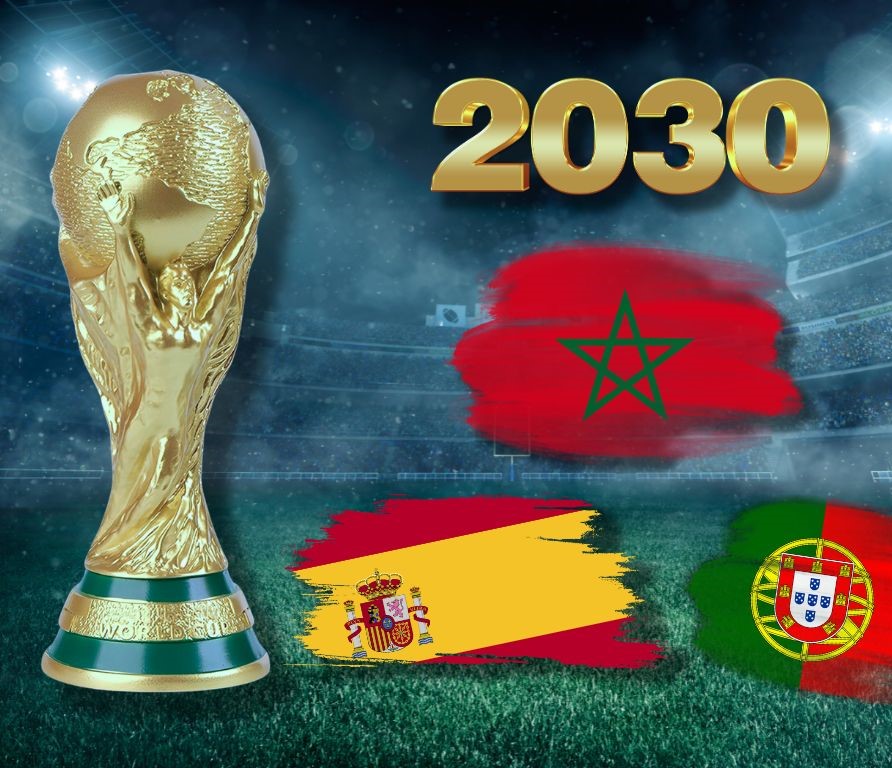After decades of persistent bids, Morocco finally sees its dream come true. In 2030, the North African nation will co-host the prestigious FIFA World Cup alongside Spain and Portugal. This historic achievement signifies not just a sporting victory, but a potential turning point for the country's economy and international image.
A Legacy of Resilience
Morocco's journey to the World Cup stage has been one of unwavering determination. The nation's first attempt came in 1987, aiming to host the 1994 edition. Over the next four decades, Rabat persisted, submitting five bids in total. Each rejection fueled the desire even more, particularly the narrow loss to South Africa in 2010, which would have seen the first World Cup held on African soil.
Building for the Future
Morocco's bid for 2030 goes beyond hosting matches. The government has unveiled ambitious infrastructure plans for six host cities: Rabat, Casablanca, Fes, Tangier, Marrakech, and Agadir. These plans include the expansion of airports, roads, and transportation networks, along with a significant boost to hotel and commercial services. The centerpiece of this modernization effort is a colossal 115,000-seat stadium near Casablanca, a potential host for the final or opening match.
More Than Just a Game
The 2030 World Cup presents a golden opportunity for Morocco to showcase its progress and potential. Sociologist Abderrahim Bourquia emphasizes the dual benefit of infrastructure improvements: serving as an "economic engine" and allowing Morocco to be associated with the "positive values of sports, quality of life, and trust." The influx of global spectators will bring not just tourism dollars, but a chance to change perceptions and forge stronger connections with the world.
A Global Stage, Continental Connections
Morocco's hosting of the World Cup aligns with its growing focus on Africa. Since rejoining the African Union in 2017, the country has actively pursued partnerships with other African nations. This "football diplomacy," as researcher Moncef El Yazghi describes it, is evident in the 44 sponsorship agreements signed with African football federations. Hosting the 2023 Africa Cup of Nations and the upcoming 2026 edition further strengthens Morocco's position as a leader in African football.
A Legacy Beyond the Final Whistle
The 2030 World Cup is more than just a month-long sporting spectacle. It's a culmination of unwavering ambition, a testament to Morocco's resilience, and a platform for the country to solidify its place on the global stage. The infrastructure projects, the economic growth, and the international connections forged will leave a lasting legacy for generations to come. This World Cup isn't just a dream realized; it's a springboard for a brighter future.
Zainab Y.
Also on site :
- Iconic WWE Gimmick Officially Retired For Good
- David Coote charged by Football Association over Jurgen Klopp comments
- Latest on Jamie Hayter's unfortunate injury amid AEW absence [Reports]

